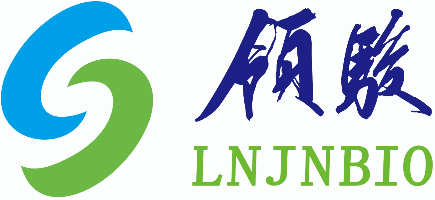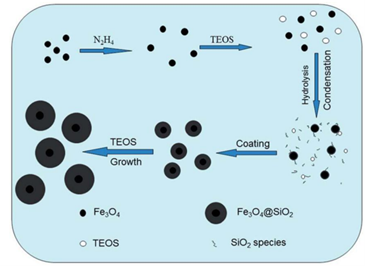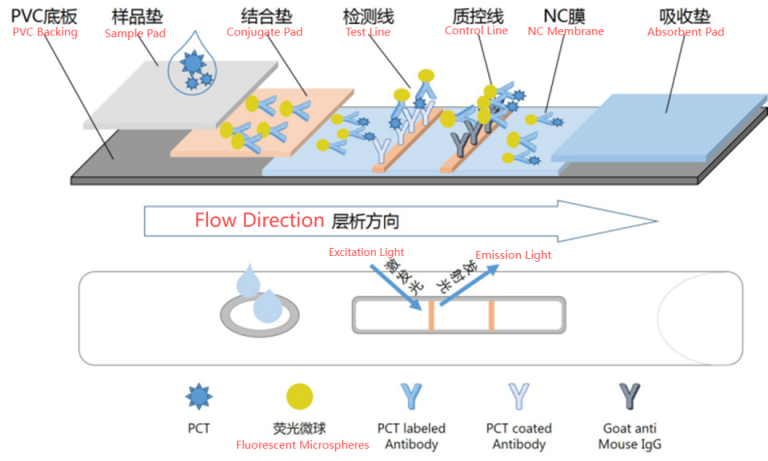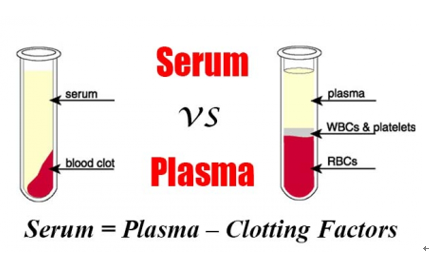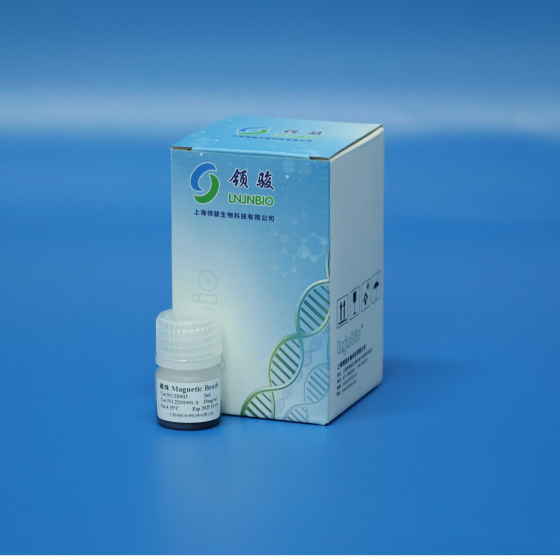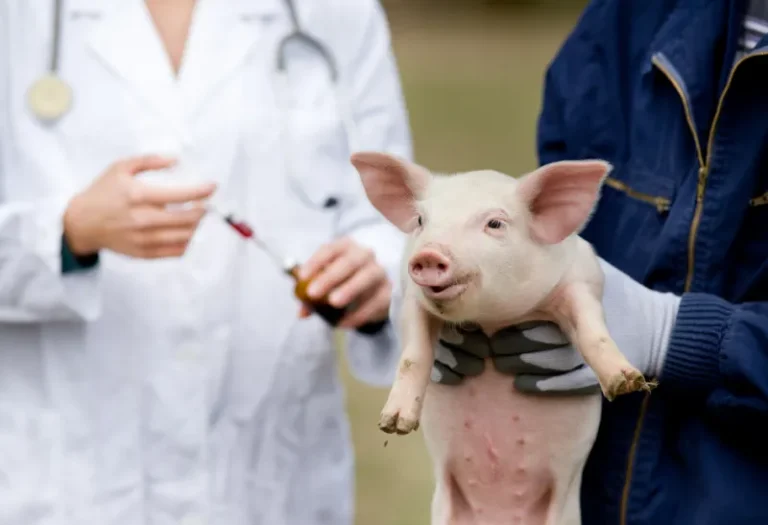Professional Manufacturer of Biomagnetic Beads
Introduction of RNA Extraction
RNA extraction is a basic step in molecular biology and gene expression research. Its purpose is to isolate intact, non-degraded RNA (ribonucleic acid) from cell or tissue samples. RNA participates in a variety of biological processes, such as transcription of genetic information and protein synthesis in cells. Therefore, obtaining high-quality RNA is crucial for subsequent molecular biological analysis, such as RT-PCR, Northern Blot, RNA sequencing, etc.
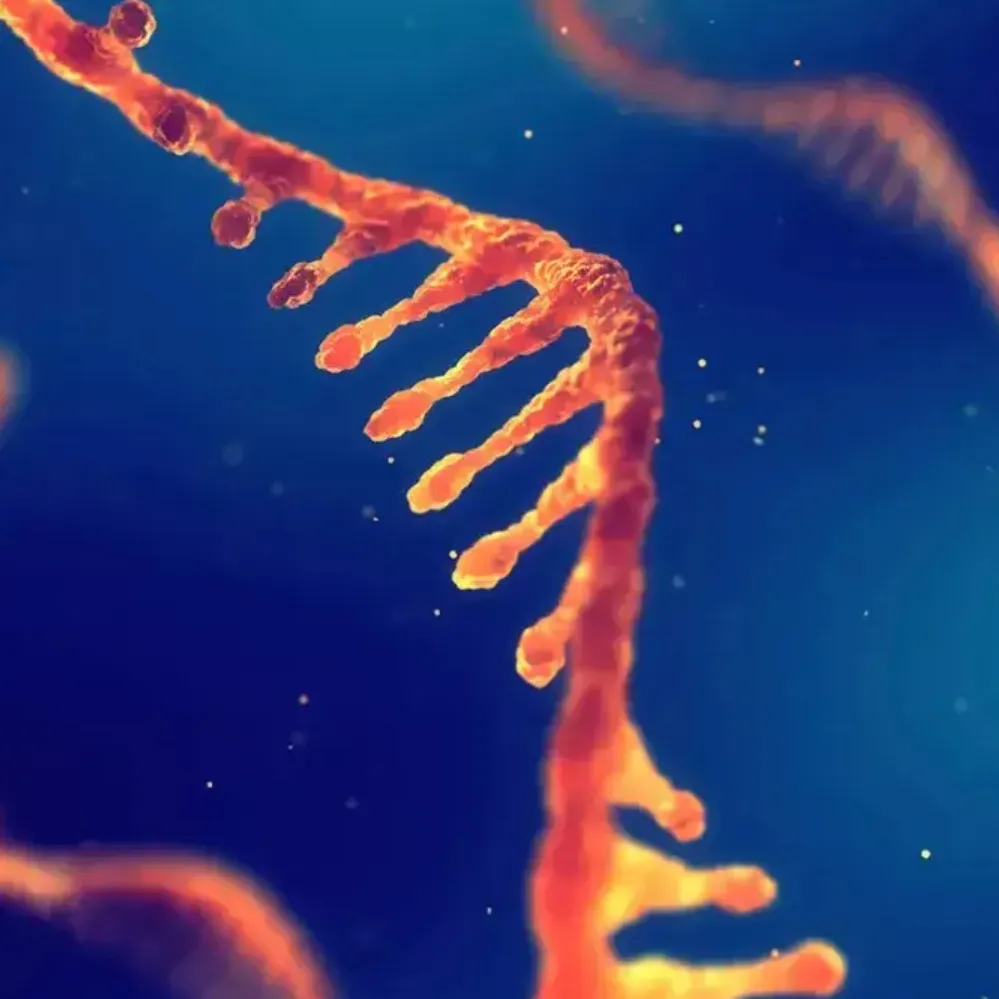
Principle of RNA Extraction
Denaturants break cells or tissues, and then RNA is extracted by organic solvents such as chloroform and then precipitated, washed, dried, and finally dissolved.
However, since RNA enzymes are everywhere and may degrade RNA at any time, there are many places to pay attention to in the experiment. Any negligence will fail.
Avoid detours in RNA extraction
How to choose the most suitable RNA extraction reagent for different materials.
The numerous existing RNA isolation methods may make it difficult to choose. At present, the simplest and safest method is column separation, such as RNApure, which is popular because of its simple operation, short time and high purity. RNApure does not require DNase to digest DNA, which saves time and avoids RNA degradation, thereby increasing the yield; compared with non-column separation (such as TRIzol), it removes proteins and other impurities cleanly, improves purity, and is very suitable for cells, tissues, and general plants. The extraction of plant RNA is more difficult to choose. Plant RNA extraction is affected by the content of phenol, polysaccharides, protein impurities, and secondary metabolites. Generally, the purity of TRIzol extraction is not high, and many plants cannot be extracted with TRIzol.
At this time, you can choose polysaccharide and polyphenol plant total RNA extraction kit (daffodils, peppers, carrots, corn, lilies, wheat, tomatoes, cauliflower, rapeseed, etc.) and universal plant RNA extraction kit (suitable for most plant extractions, including various Chinese herbal medicines, plant seeds, apples, grapes, strawberries, bananas, longans, litchi, lawn plants, pine trees, fir trees, birch trees, purple pine cones, coleus, poinsettia, oleander, fig, violet, rose, dahlia, morning glory, etc.); It is worth mentioning that the extraction of RNA from blood (including serum, plasma, cerebrospinal fluid, various swabs or other samples with high liquid content) using TRIzol and red blood cell lysis methods are not effective because red blood cell lysis buffer does not contain RNase inhibitors, and RNA is easily degraded in this process. It is recommended to use TRIpure LS (RP1101) or a blood total RNA extraction kit (RP4001). This method is suitable for RNA extraction in expression profile chip experiments and has become a nationally recommended method.
How to store extracted RNA?
If it is only for short-term storage, the resuspended RNA should be placed at -20°C; if it is for long-term storage, it should be placed at -80°C. When storing RNA, a small amount of RNase inhibitor (RP5601) can be added to avoid RNA degradation, and RNA can be directly used for downstream experiments. If RNA is to be stored for a long time, RNAlong can be added. We recommend that the RNA solution be divided into several tubes. This will avoid repeated freezing and thawing to damage the RNA and prevent accidental RNase contamination.
Supplier
Shanghai Lingjun Biotechnology Co., Ltd. was established in 2016 which is a professional manufacturer of biomagnetic materials and nucleic acid extraction reagents.
We have rich experience in nucleic acid extraction and purification, protein purification, cell separation, chemiluminescence and other technical fields.
Our products are widely used in many fields, such as medical testing, genetic testing, university research, genetic breeding, and so on. We not only provide products but also can undertake OEM, ODM, and other needs.If you have a related need, please feel free to contact us at sales01@lingjunbio.com.
